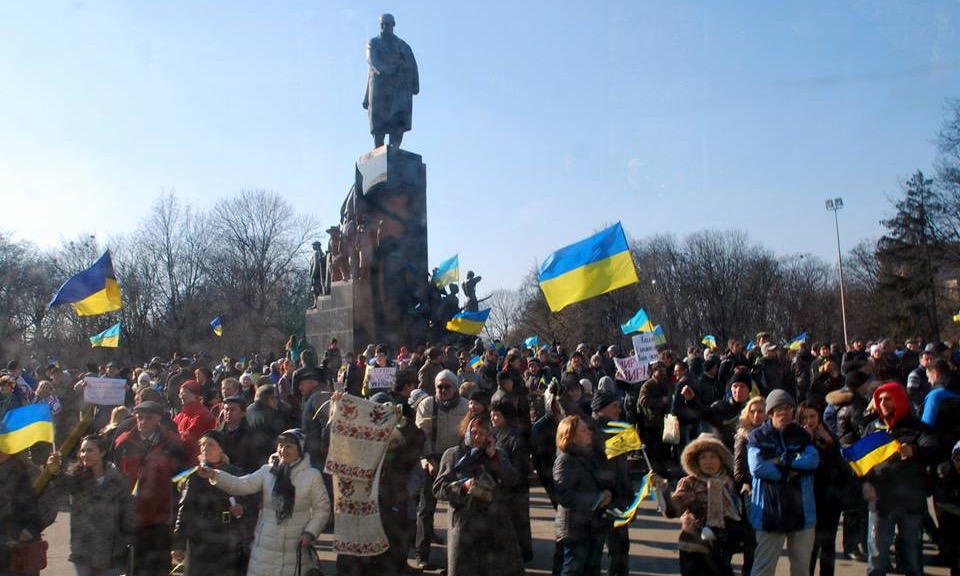So where does this perception of ‘unfriendliness’ come from if it’s at odds with my personal experience? In this article I’m going to outline the importance distinguishing between ‘politeness’ and ‘friendliness’ as you travel across Europe.
So where does this perception of ‘unfriendliness’ come from if it’s at odds with my personal experience? In this article I’m going to outline the importance distinguishing between ‘politeness’ and ‘friendliness’ as you travel across Europe.
The Wikipedia entry for ‘politeness’ states that it is the practical application of good manners or etiquette. It is a culturally defined phenomenon, and therefore what is considered polite in one culture can sometimes be quite rude or simply eccentric in another cultural context.
The equivalent entry for ‘friendliness’ describes it as a personality trait manifesting itself in individual behavioral characteristics that are perceived as kind, sympathetic, cooperative, warm and considerate.
So here we need to distinguish between ‘good manners or etiquette’ which differs from culture to culture from being ‘kind, sympathetic, cooperative, warm and considerate’. It’s easy to mistake the former for the latter especially when you are traveling in a region with an unfamiliar culture.
Even Western Europe is far from homogeneous in this respect either. My experience has been that locals in parts of southern Europe like Italy, Spain, Greece tend to be forthright and more likely to welcome you and to try to make your stay more enjoyable than say the norm in northern Europe, in countries like Germany or France.
Central and Eastern Europe has had the added history of being in the Soviet Union or in the Warsaw Pact and that brings a legacy of having lived in a communist state, which in turns brought about a new set of cultural norms. This is also be partly the case in parts of East Central Europe, like Poland, Czech Republic, Slovakia and Hungary.
I lived for over a year in Munich, Germany. In the beginning I was attracted by the local ‘polite’ culture but the longer I stayed I realized that I was mistaking their ‘politeness’ for genuine interest and friendliness. Slowly it dawned on me that it was not ‘friendliness’ but a formal societal requirement. 🙁
Me hanging out with friends in ‘friendly’ Odesa, Ukraine
In many countries, like Russia, Ukraine and Belarus, it’s not expected to smile at strangers. In fact, it would be perceived as odd if you were to do this.
This is the opposite to have service works in North America, for example. In restaurants in the US, waiting staff are expected to introduce themselves, smile and be visibly present to the patron’s needs.
While for some travelers, this may be pleasant (I am personally ambiguous on this), it is clearly not the same as ‘friendliness’. The waiting staff are not being necessarily ‘kind, sympathetic, cooperative, warm or considerate’. They are simply doing their job in order to receive a hefty tip at the end of the meal (normally at least 20% in the US).
Parts of the region may seem different at first but that’s not to be mistaken with unfriendliness – Kharkiv, Ukraine 2013
Having traveled personally to all 50 recognized countries in Europe and extensively in those lying to the east of the continent, I can say that I’ve found local people to be as friendly if not genuinely friendlier than in Western Europe. Perhaps this is in part because Western tourists are a lot less frequent there than in other parts plus the fact that I speak the local languages (Russian being the most commonly spoken).
‘Politeness’ does not equal ‘friendliness’ by any means and I have learnt to appreciate that after my personal experience of living in ‘polite’ but ‘unfriendly’ Munich, Germany.
When traveling in Central and Eastern Europe, I urge you to look past the ‘impolite’ exterior and you will discover the ‘friendly’ heart and soul of the locals in the region. 🙂
*Featured image courtesy of my friends at the swimwear brand Giammetti Foundation





FREE Video Course:
5Biggest Dating Mistakes made by Western men!
SUCCESS!